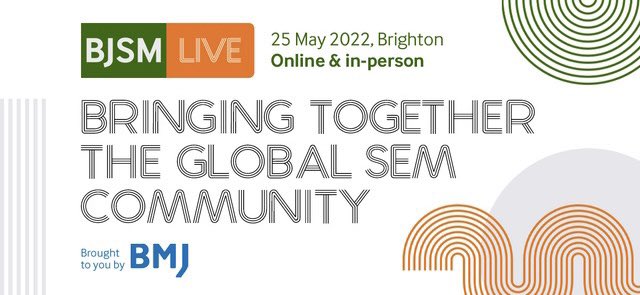The disney princesses reimaged as scientists (by Matthew Burt) is one of my favorite images. When I was little I loved barbies and princesses and my little self looked up to them as strong women who didn't let other people get in the way of their dreams. 

Now that I'm older, I'm lucky to have met real-life people that I admire and aspire to be like. I am privileged to know these people and this is why diversity and representation is so important. Everyone deserves to have someone they can look up to.
If you haven't already take some time to listen, learn, and amplify the voices from #BlackintheIvory and follow #BlackInAstro this week. We can't have true equity in STEM until we support Black scientists.
• • •
Missing some Tweet in this thread? You can try to
force a refresh









